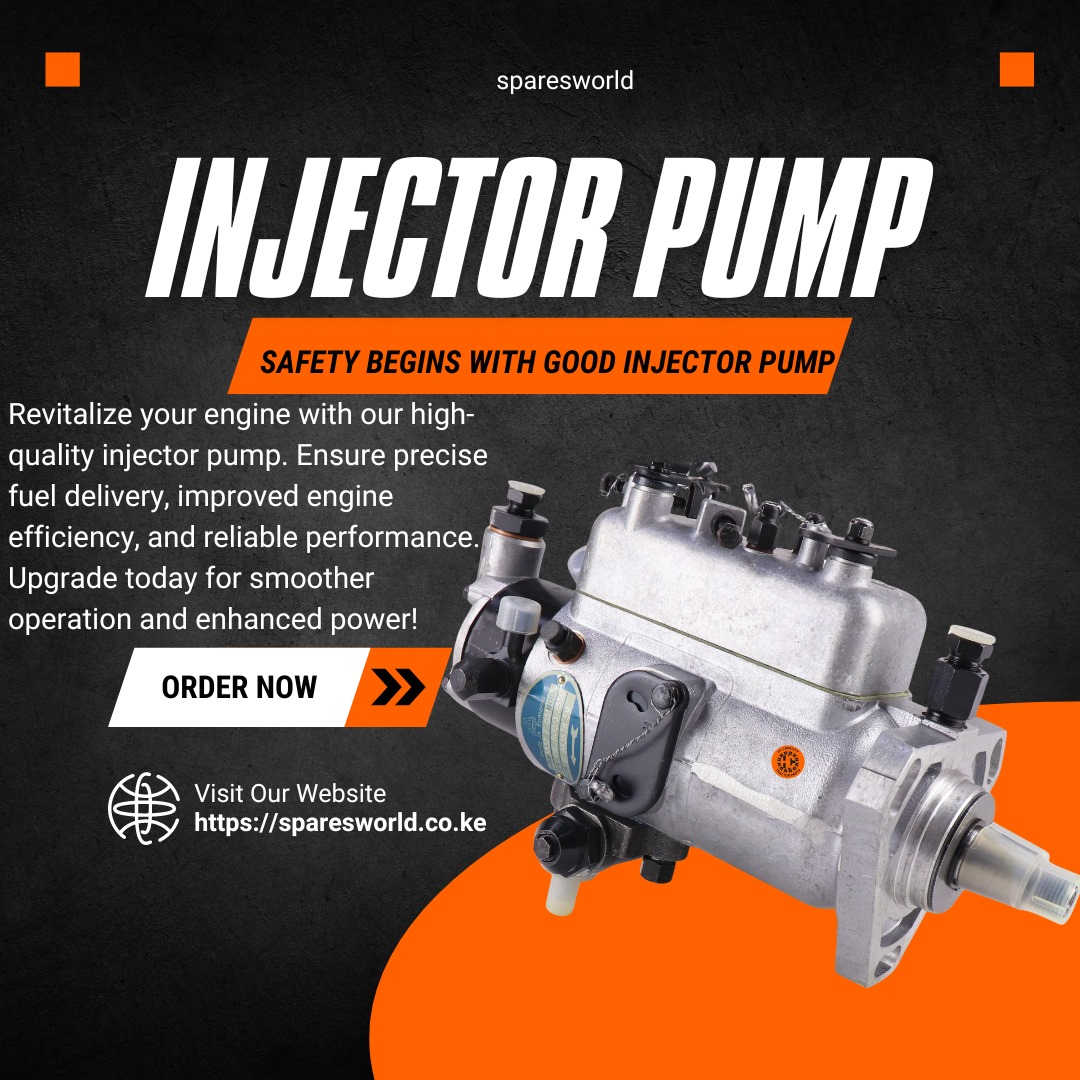The critical functions of an injector pump and how to identify a failed one

Discover the essential roles of an injector pump in your vehicle's engine and learn the telltale signs of its failure to keep your ride smooth and efficient.
Understanding the Role of an Injector Pump in Engine Performance
The injector pump is a crucial component in diesel engines, responsible for delivering fuel to the engine's cylinders at precisely the right time and in the correct amount. It ensures that fuel is atomized and injected under high pressure, which facilitates efficient combustion. This process is vital for the engine's performance, fuel efficiency, and overall power output.
Without a properly functioning injector pump, the engine cannot maintain the correct air-fuel ratio, leading to various performance issues. In essence, the injector pump acts as the heartbeat of the diesel engine, coordinating with other engine components to maintain optimal functionality.
Key Signs of Injector Pump Failure and What They Mean for Your Vehicle
Several symptoms can indicate a failing injector pump. One of the most common signs is a noticeable drop in engine performance, such as reduced power and acceleration. You might also experience difficulty starting the engine or notice that it runs roughly or misfires.
Other signs include excessive smoke emissions, either black or white, which indicate incomplete combustion or fuel delivery issues. Additionally, increased fuel consumption and unusual noises coming from the engine could also be red flags pointing to injector pump problems.
How Injector Pump Issues Can Impact Overall Vehicle Health
A malfunctioning injector pump can have several adverse effects on your vehicle's overall health. Poor fuel atomization can lead to incomplete combustion, which not only reduces fuel efficiency but also increases emissions, contributing to environmental pollution.
Furthermore, an impaired injector pump can cause engine components to wear out faster due to improper lubrication and fuel delivery. This can lead to costly repairs and even catastrophic engine failure if not addressed promptly. Ultimately, maintaining a healthy injector pump is vital for the longevity and reliability of your vehicle.
Step-by-Step Guide to Diagnosing a Faulty Injector Pump
Diagnosing a faulty injector pump involves several steps. First, perform a visual inspection for any obvious signs of wear or damage. Check for fuel leaks around the pump and its connections. Next, use a diagnostic tool to scan for error codes that could indicate injector pump issues.
You can also perform a fuel pressure test to ensure the pump is delivering fuel at the correct pressure. If you suspect the pump is the problem, consider consulting a professional mechanic for a more thorough diagnosis and potential replacement. Regular diagnostics can help catch issues early, preventing more severe damage down the line.
Preventive Measures and Maintenance Tips for Injector Pumps
To prevent injector pump failures, regular maintenance is key. Ensure that you use high-quality fuel to avoid contaminants that can clog the pump and injectors. Regularly replace fuel filters to keep the fuel system clean and free from debris.
Additionally, follow the manufacturer's recommended service intervals for inspecting and servicing the injector pump. Regularly check for any signs of wear and tear and address any issues immediately to prevent further damage. By taking these preventive measures, you can ensure the longevity and optimal performance of your vehicle's injector pump.

 Loading..
Loading..